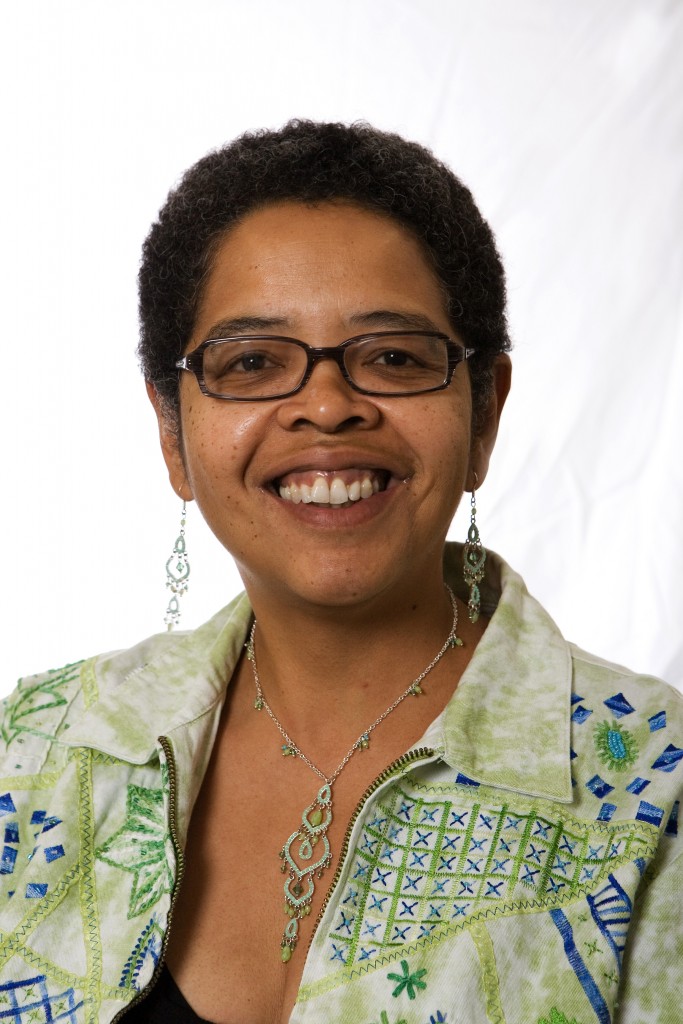An award of more than £26K has been made to Kent Law Professor Toni Williams for a three-year research project to investigate how legal and regulatory techniques are used to implement social and economic inclusion policies in Latin America and the EU.
The award of £26,350 has been made by the British Academy’s International Partnership and Mobility Scheme and will help support development of a long-term collaborative research relationship with the Federal University of Minas Gerais (UFMG) in Brazil. Professor Williams is Principal Investigator for the project with Professor Fabricio Polido from UFMG as co-investigator.
Professor Williams said: ‘This research programme will strengthen the developing research partnerships between the law schools at UFMG and Kent, allowing us to hold joint research events, publish collaboratively and co-deliver modules. We will also be able to develop our research networks, enabling two-way academic mobility for staff and postgraduate research students.
‘The project will also contribute to our joint and more general global objective of strengthening each School’s capacity to contribute to national and regional policy debates in Brazil and the EU, increasing the international exposure of the research conducted in both Schools and deepening understanding between EU and Latin American scholarly circles.’
The project, scheduled to begin in October, will explore the kinds of law and regulation used to implement inclusionary policies along with the differing implications for social justice, equalities and diversities and development.
Professor Williams said: ‘Brazil and the UK are excellent sites to study implementation of inclusion because each country has done innovative work in this field; the UK through institutions such as the Social Exclusion Unit and the Financial Inclusion Taskforce, Brazil though social justice rights, education, empowerment, digital and technological inclusion programmes and wealth transfers.’
Research findings will be disseminated through the publication of papers in peer-reviewed journals and online, including a co-authored report on the implementation of social and economic inclusion policies through law and regulation in both regions. Before the project ends in September 2018, knowledge about the capacities and limitations of selected laws and regulations will be shared with EU officials, academics and NGOs at an international conference in Brussels. Selected papers from the project and conference will subsequently be published as a book in Brazil.
Professor Williams was appointed to the role of Head of Kent Law School in July. Her primary research interests concern regulation and governance of economic development and market relations and regulation of race/gender relations. Recent publications include ‘Who Wants to Watch? A Comment on the New International Paradigm of Financial Consumer Market Regulation’ in the Seattle University Law Review (2013) and a book chapter entitled ‘Continuity no rupture: the persistence of neoliberalism in the internationalisation of consumer finance regulation’ in International Responses to the Credit Crisis: Credit and Over-indebtedness published by Ashgate in 2013.
Professor Polido is Senior Lecturer in International Economic Law, International Intellectual Property Law and Private International Law at UFMG. He is also Professor of International Law at the Research Post-Graduate Programme in Law.

